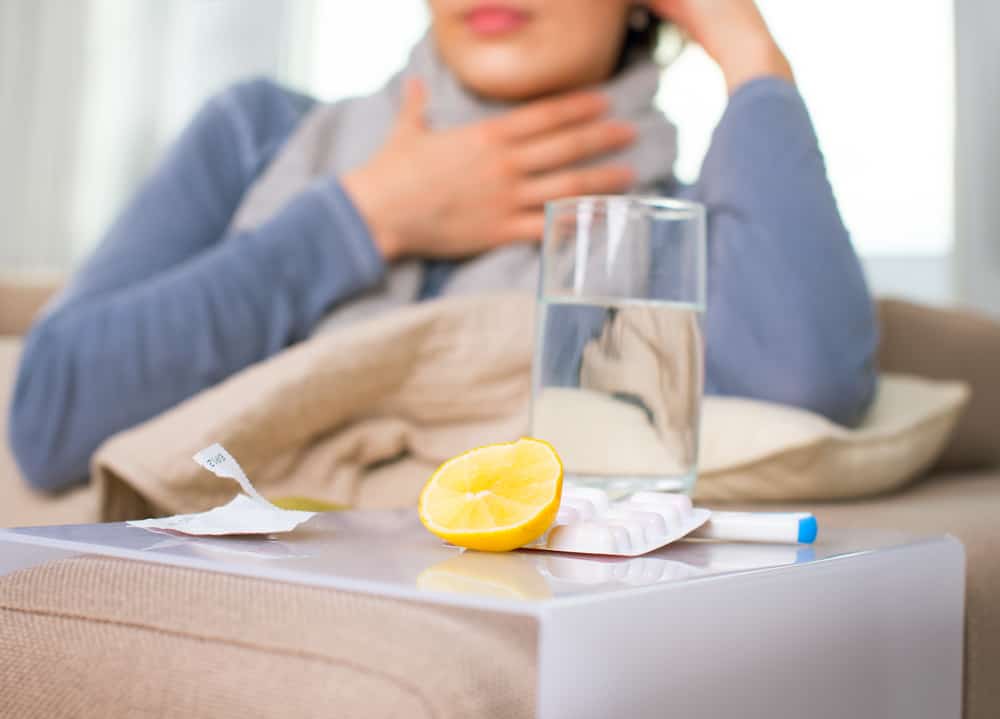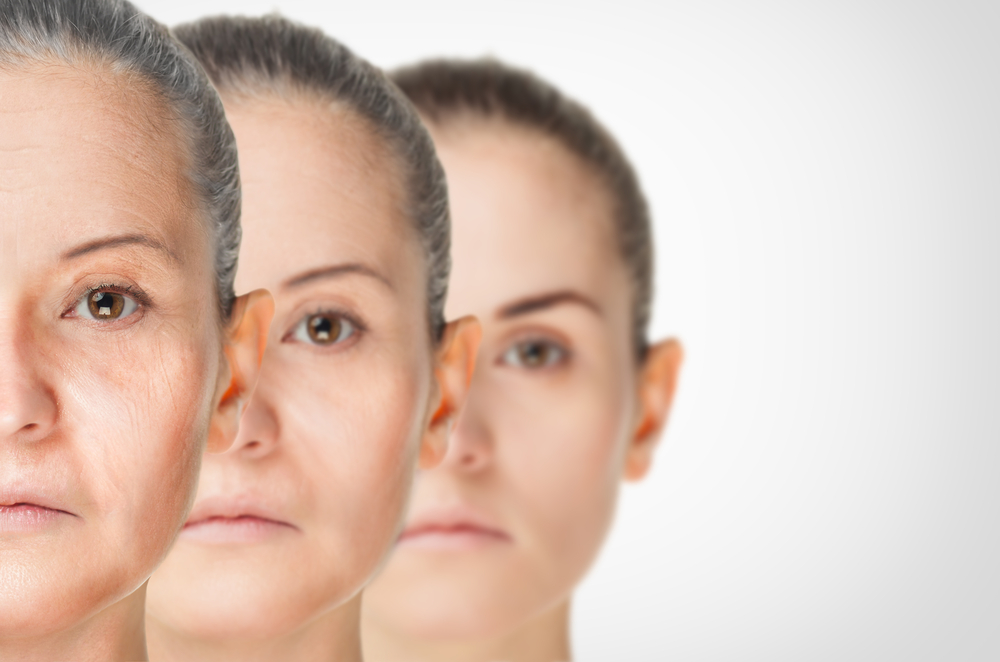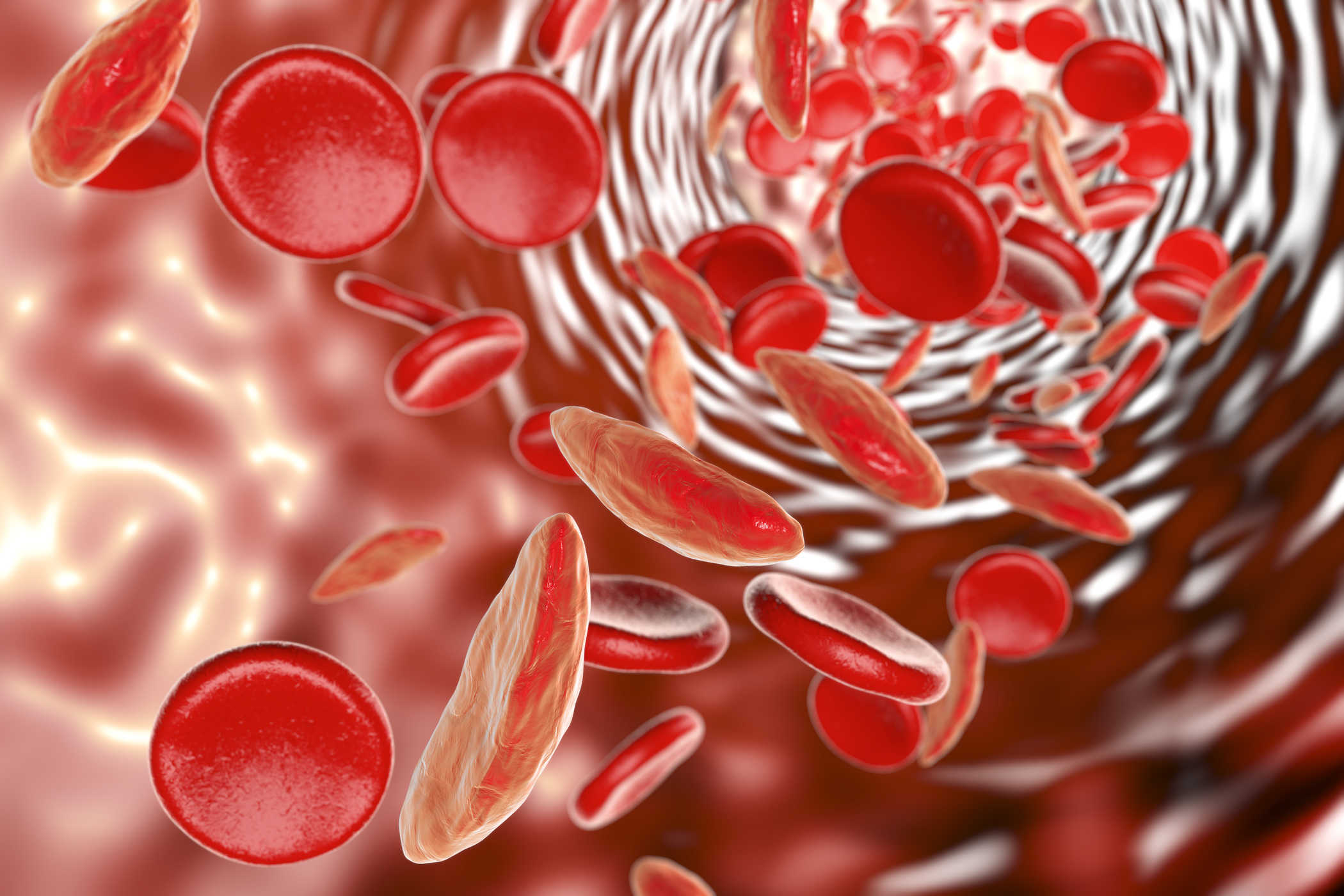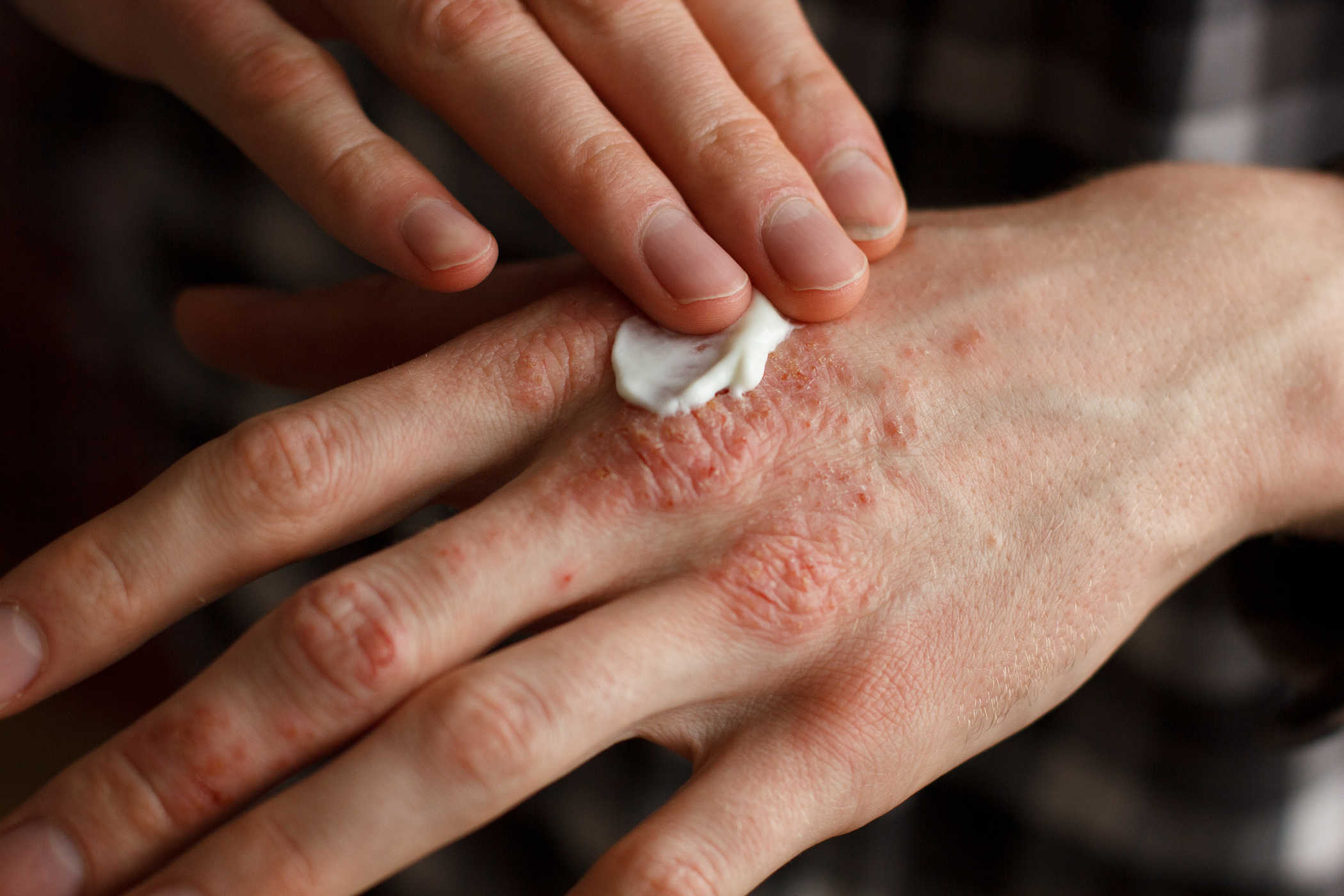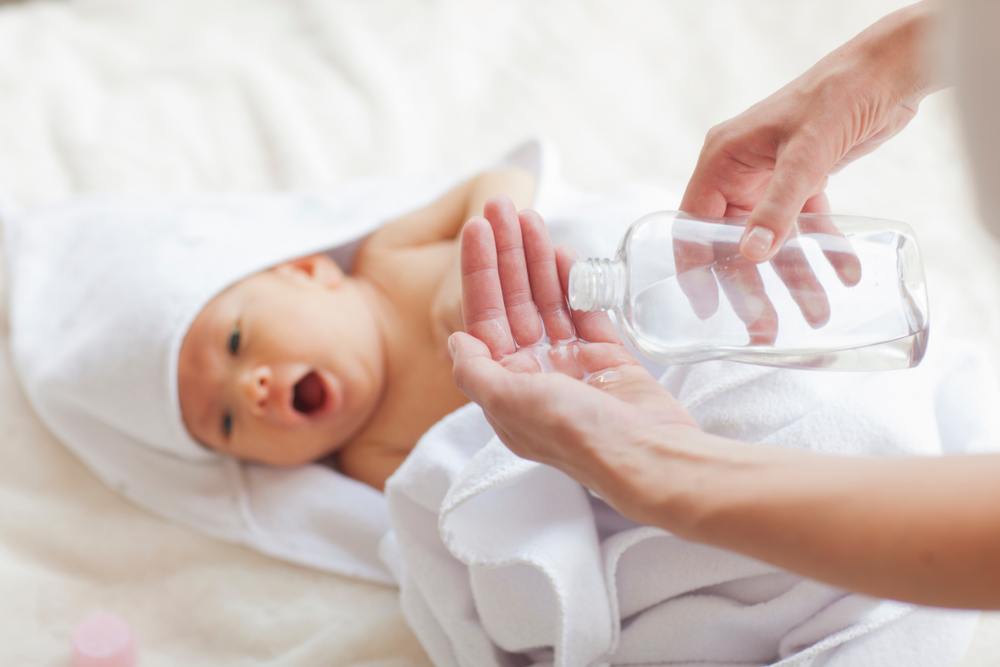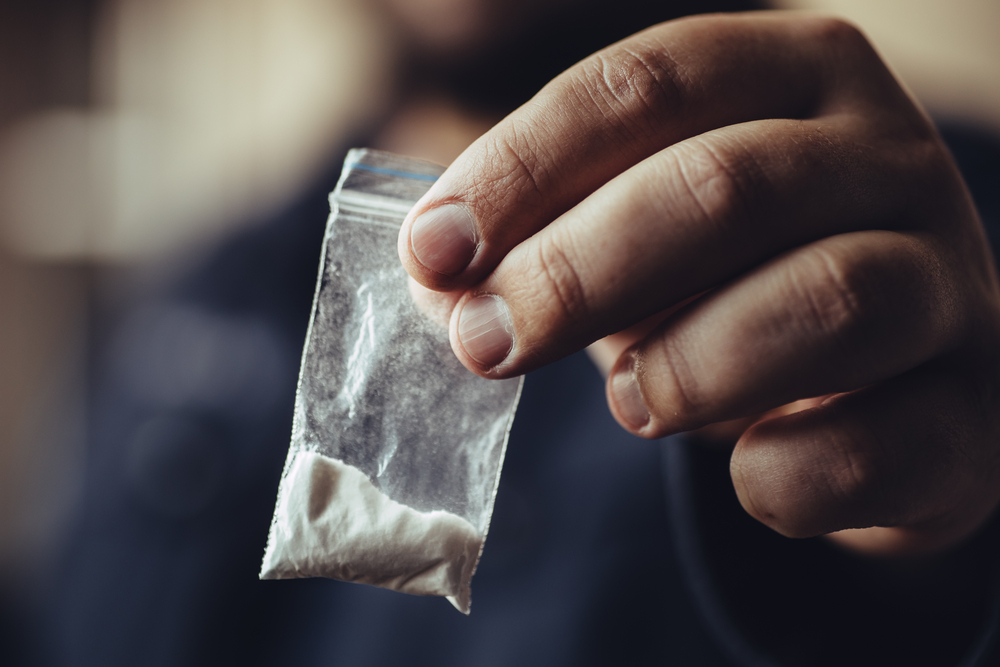Contents:
Medical Video: Breastfeeding Position and Latch
Regardless of the conditions being experienced; just to catch a cold, for example, or to feel unwell, cough and runny nose, to fever - even if you are taking antiviral drugs to treat flu symptoms even though - in general, sick nursing mothers can continue to provide food for their baby as usual .
You and your baby will still benefit from breastfeeding when the mother is sick.
Breastfeeding while sick will protect the baby from infection
Believe it or not, individuals are classified as most vulnerable to transmitting the disease before they even know that they are sick. So, 12 to 24 hours before showing any symptoms, a mother has transmitted any viruses or germs she has to those around her, especially her baby, without her knowing.
Fortunately, the mother's body will automatically form disease-fighting antibodies in four to five days, which she will send to her child through breast milk. Breast milk also contains more common disease-fighting substances that provide reinforcements to prevent many ‘standard’ diseases (such as fever, diarrhea, vomiting, rash, runny nose, coughing, etc.). Continuing breastfeeding while sick will protect the baby from infection.
Often, breastfed babies will be the only family member who does not get sick. Because most viruses have an incubation period of 5-7 days, the mother gives her baby antibody protection which can actually destroy the bacteria in the baby's digestive tract before these bacteria and viruses have the opportunity to make the baby sick.
Colostrum, the initial breast milk obtained by a neonatal baby for several days after birth, contains high concentrated antibodies that function to protect against many diseases. Mature milk continues to protect babies from various diseases and strengthen the immune system. These antibodies can really benefit your baby throughout his life. Babies who don't get breast milk have a higher risk of contracting bacterial infections, such as E. coli and salmonella; viral infections, such as influenza and rotavirus; and parasites.
If he has contracted your illness, he will usually have milder symptoms than other older family members.
The most commonly transmitted diseases to babies are usually through skin contact and secretions from the mouth and nose. Be sure to wash your hands frequently when handling the baby, and try to avoid face-to-face contact too close when you are sick and sneeze near the baby.
It is also important to continue breastfeeding when you have mastitis (bacterial infection of nipple and breast tissue). Although it may be very painful for you, you should try to let your baby eat as often as possible. Removing milk will help you recover faster.
Special conditions that restrict mothers may breastfeed when they are sick
Breastfeeding while sick is a preferred option than not breastfeeding at all when you are sick. However, there are a number of exceptions to this rule, including if the condition of the breastfeeding mother when she is sick is very debilitating until she feels unable to continue breastfeeding.
1. Don't breastfeed when you're sick if the baby is less than 3 weeks old
Babies who are three weeks old or less susceptible to developing infections. Similarly, if your baby is premature. Babies can easily get infected just by being in the same room.
So, if you are very sick, your pediatrician may suggest that you avoid breastfeeding until you recover. While waiting for recovery, you can pump and store bottled breast milk to keep your baby's needs met and prevent breast swelling due to the production of breast milk which continues during breastfeeding.
2. The medication you use is not safe for your baby
Whenever you are prescribed medication or want to use a non-prescription drug, ask your doctor whether you can continue breastfeeding. If not, find out whether the drug is really important for your therapy or is there another alternative that is safe for the baby.
Also consult with your doctor about the safety of breastfeeding when undergoing a series of cancer diagnostic tests, if you are suspected of having cancer, or cancer treatment therapy. Some tests can affect breast milk than others.
WHO reports that HIV-positive mothers can still breastfeed babies
There is evidence that the HIV virus can be transmitted through breast milk. The average risk for HIV transmission is 1 in 7 in children born from and breastfed by infected women.
Until the past few years, the World Health Organization (WHO) advised HIV positive mothers to avoid breastfeeding their babies if they were able to finance, prepare, and store formula milk.
However, more and more research is now emerging that shows that the combination of exclusive breastfeeding and the use of antiretroviral therapy can significantly reduce the risk of HIV transmission in infants through breast milk.
On November 30, 2009, WHO released a new statement regarding infant feeding by HIV-positive mothers, based on a collection of new available evidence. The decision is that HIV-positive mothers can continue breastfeeding when they are sick if they or their babies regularly use antiretroviral drugs during the breastfeeding period and until the baby is 12 months old. This means that children can benefit from breastfeeding with very little risk of being infected with HIV.
Previous research has shown that exclusive breastfeeding during the first six months of a baby's life is associated with a three-to-four-fold reduction in the risk of HIV transmission compared to babies fed on breast milk and also receiving milk or other foods.
Most children born to HIV-positive mothers and raised with formula milk die not because of AIDS but are more caused by malnutrition, diarrhea, pneumonia, and other causes not related to HIV.
Still, it is always better to always weigh all the benefits and risks of breastfeeding when you are sick, and discuss it first with your doctor.
READ ALSO:
- Therapy for Autism Children with Pets
- Overcoming Various Breast Problems When Breastfeeding
- Is Breastfeeding Effective to Prevent Pregnancy?

